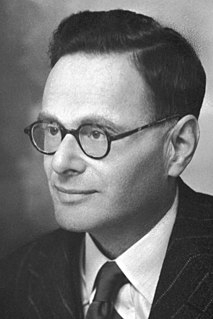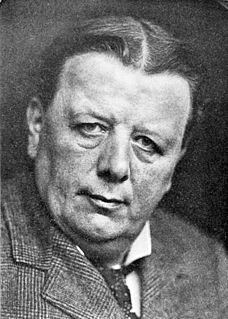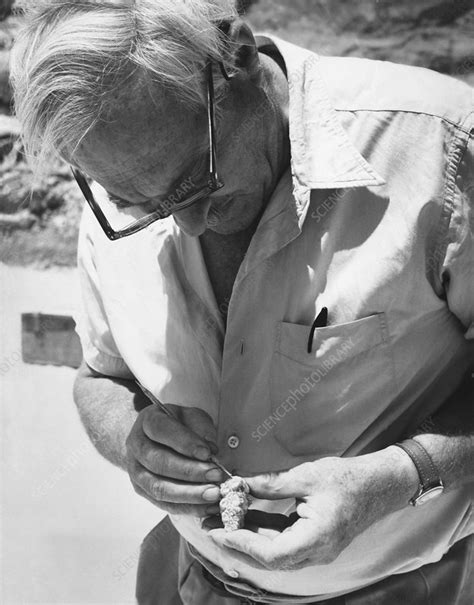A Quote by Elliott Sober
Evolutionary biologists often appeal to parsimony when they seek to explain why organisms "match" with respect to a given trait. For example, why do almost all the organisms that are alive today on our planet use the same genetic code? If they share a common ancestor, the code could have evolved just once and then been inherited from the most recent common ancestor that present organisms share. On the other hand, if organisms in different species share no common ancestors, the code must have evolved repeatedly.
Quote Topics
Alive
Almost
Almost All
Ancestor
Ancestors
Appeal
Been
Code
Common
Could
Different
Evolutionary
Evolved
Example
Explain
For Example
Genetic
Given
Hand
Inherited
Just
Match
Most
Must
Often
Once
Organisms
Other
Our
Our Planet
Parsimony
Planet
Present
Recent
Repeatedly
Respect
Same
Seek
Share
Species
Then
Today
Trait
Use
Why
Related Quotes
The existence of common features in different forms of life indicates some relationship between the different organisms, and according to the concept of evolution, these relations stem from the circumstance that the higher organisms, in the course of millions of years, have gradually evolved from simpler ones.
If the organisms in a species now have trait T, and this trait now helps those organisms to survive and reproduce because the trait has effect E, a natural hypothesis to consider is that T evolved in the lineage leading to those current organisms because T had effect E. This hypothesis is "natural," but it often isn't true!
As commonly understood, creationism involves belief in an earth formed only about ten thousand years ago, an interpretation of the Bible that is still very popular. For the record, I have no reason to doubt that the universe is the billions of years old that physicists say it is. Further, I find the idea of common descent (that all organisms share a common ancestor) fairly convincing, and have no particular reason to doubt it.
In the beginning, there were bacteria.... [A] nearly universal assumption is that all subsequent life descended from the original life form through a continuous chain of ancestor-descendant pairs. This assumption looks good because all living organisms share biochemical traits. It is conceivable, of course, that life originated more than once on the early earth but that all except one life form died out early, leaving a single lineage as the ancestor of life as we know it. If this did happen, it was the first important species extinction.
Four elements, Hydrogen, carbon, oxygen and nitrogen, also provide an example of the astonishing togetherness of our universe. They make up the "organic" molecules that constitute living organisms on a planet, and the nuclei of these same elements interact to generate the light of its star. Then the organisms on the planet come to depend wholly on that starlight, as they must if life is to persist. So it is that all life on the Earth runs on sunlight. [Referring to photosynthesis]
The chemical differences among various species and genera of animals and plants are certainly as significant for the history of their origins as the differences in form. If we could define clearly the differences in molecular constitution and functions of different kinds of organisms, there would be possible a more illuminating and deeper understanding of question of the evolutionary reactions of organisms than could ever be expected from morphological considerations.
The theory of natural selection is the centerpiece of The Origin of Species and of evolutionary theory. It is this theory that accounts for the adaptations of organisms, those innumerable features that so wonderfully equip them for survival and reproduction; it is this theory that accounts for the divergence of species from common ancestors and thus for the endless diversity of life. Natural selection is a simple concept, but it is perhaps the most important idea in biology.
We are here because over billions of years, countless variables fell into place, any of which could have taken another path. We are essentially a beautiful fluke, as are the millions of other species with which we share this planet. Our cells are composed of atoms and dust particles from distant galaxies, and from the billions of living organisms that inhabited this planet before us.






































